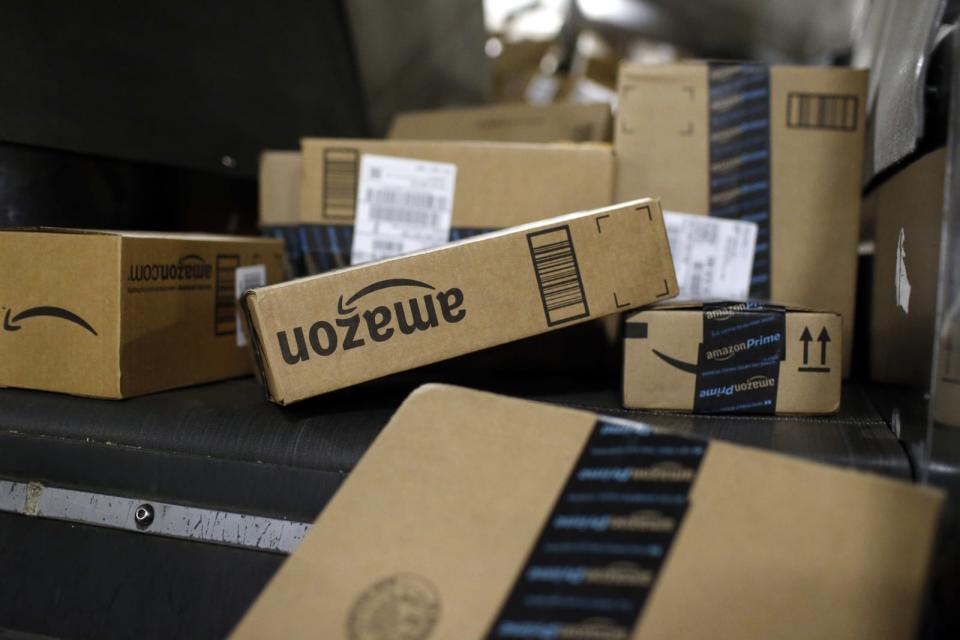Engadget has been testing and reviewing consumer tech since 2004. Our stories may include affiliate links; if you buy something through a link, we may earn a commission. Read more about how we evaluate products.
Amazon ends creepy program that sent samples based on purchase history
It was meant to be helpful, but also highlighted Amazon's tracking.
It's normally a bad thing when companies take freebies away, but you might not mind quite so much in this case. Amazon is ending a Product Sampling program that sent free samples of cosmetics, protein bars and other goods based on your shopping habits. While the company didn't explain why it was closing the machine learning-based program in a statement to CNBC, it did say the initiative would shut down sometime in 2020. It's not hard to see reasons why Amazon might shutter the program, mind you.
Product Sampling is ostensibly a convenience -- you can try items you'd otherwise never consider. However, it also serves as a physical reminder of Amazon's far-reaching data collection. Even if you're fully aware that Amazon has a detailed record of your purchase history, it could still be creepy to receive cat food or moisturizer without asking for it.
There's also the question of whether or not partners get their money's worth. Participating companies have to pay $2 per sample on top of the costs of the samples themselves, and there's no guarantee that cost will translate to more sales. It might just be more practical to lean on conventional advertising and retail samples than to ship goods and hope for the best.

 Yahoo Finance
Yahoo Finance 

